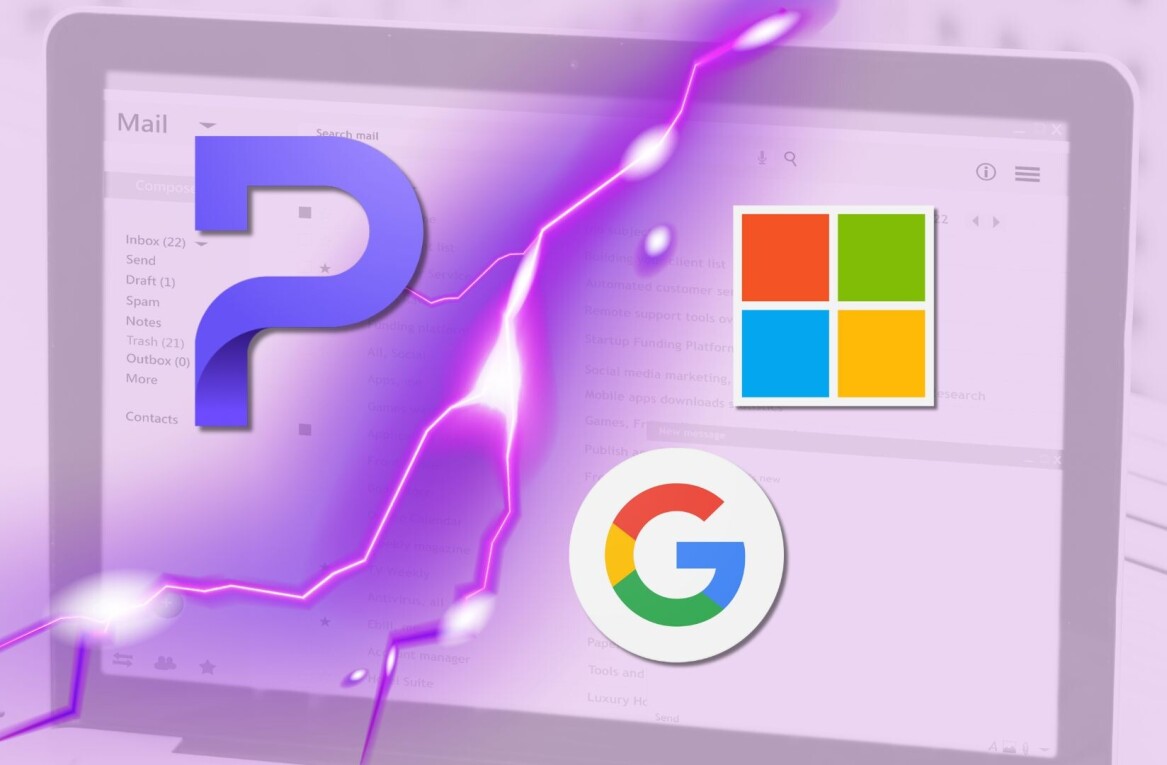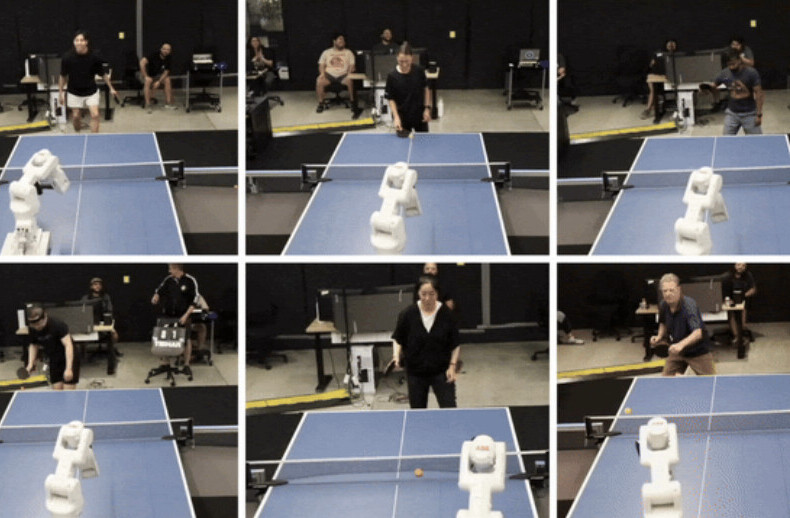
 There’s a Buzz in my Maps! Or, for some of us there is anyway.
There’s a Buzz in my Maps! Or, for some of us there is anyway.
Google tells us, via the Lat/Long blog, that there is a new layer for Buzz in Google Maps. However, as is common with Google product features, it’s not available to everyone just yet.
If you’re part of the group so far, what you’ll need to do is select the More dropdown menu, then select the Buzz layer. It will give you a look at the Buzzes that are local to an area you’re viewing on Google Maps.
The idea is fantastic. Much like the idea behind Buzz itself. However, the same issue that plagues Buzz is the one that makes this announcement a bit lackluster. At the moment, so few people are using Buzz that the Maps layer isn’t really showing much activity. What activity we do see is primarily made up of people using Foursquare or Twitter, chained to their Buzz feed.
 Location services, for many people are already so ingrained that any new kid trying to break in is met with disdain. That’s the sad-but-true story of Google Buzz, especially when it comes to its location features.
Location services, for many people are already so ingrained that any new kid trying to break in is met with disdain. That’s the sad-but-true story of Google Buzz, especially when it comes to its location features.
The one major difference, with the Buzz Layer, is staying power. Not for the service itself, but rather for the information that will be shared.
The idea of real-time updating, on a map, is amazing. Being told about traffic jams, or on-the-fly performance art is pretty cool. Though that begs the question of how long a Buzz will be allowed to live in the overlay, to avoid a gigantic spammy mess.
The ability to have lasting comments, though, is important to the lifeline of Buzz in Maps. If an area is constantly horrible for traffic or parking, that information would be great for anyone planning on driving through it at any time. But if traffic sucked because of an accident, then that information clearly only has a limited life. It’ll be interesting to see how Google goes about wading through the information in order to keep things tidy.
Get the TNW newsletter
Get the most important tech news in your inbox each week.




